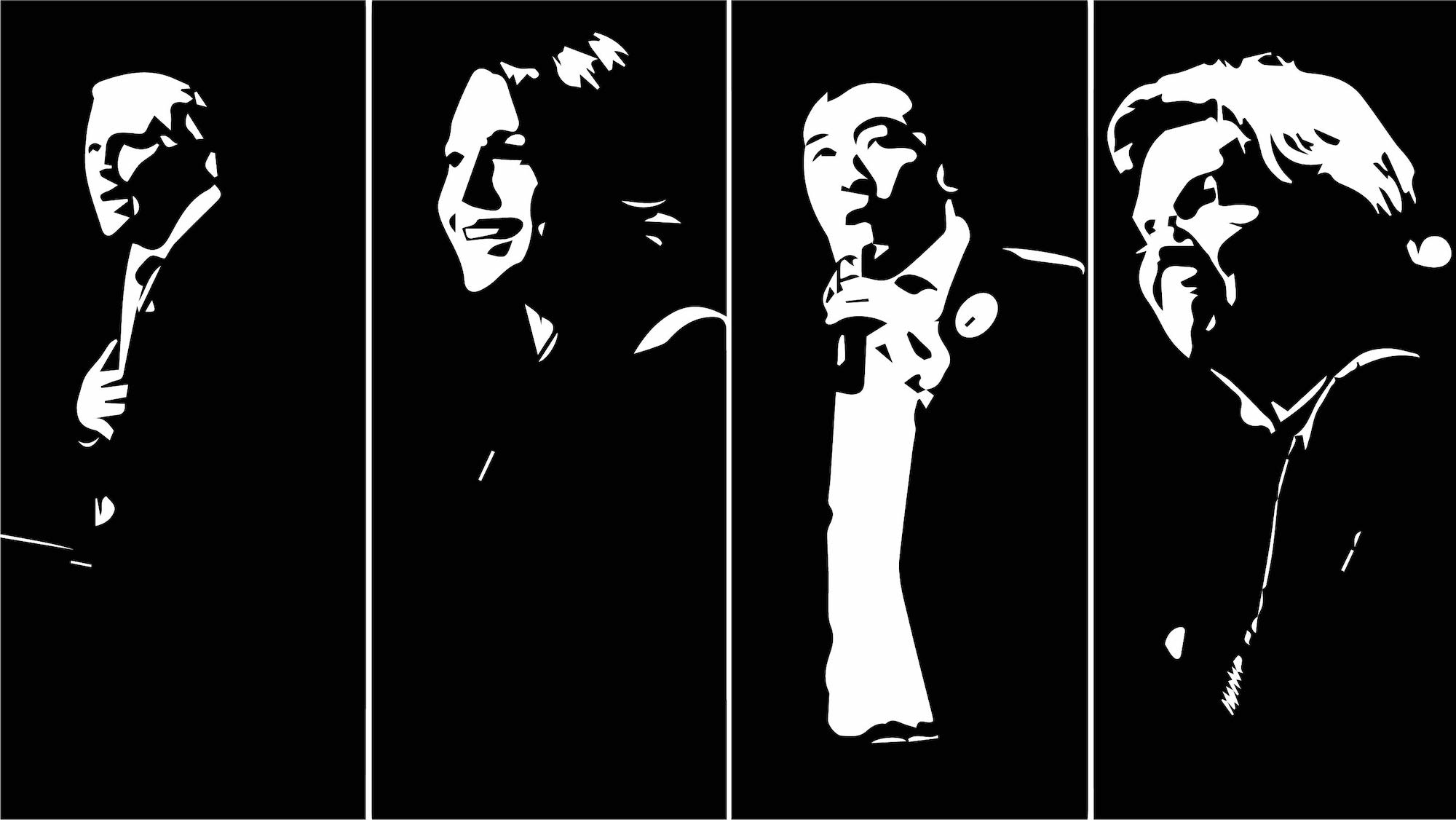The 2016 election brought with it some hope that America’s relationship with nuclear weapons might be thrust to the forefront of public discourse. Democratic Nominee Hillary Clinton emphasized the threat we wake up to every morning under the current nuclear protocol – one that gives the President sole authority to launch. Her stance was borne out of significant advocacy from voters and activists who pressed her in town halls to represent the growing grassroots movement working for the elimination of nuclear weapons.
I was one of those activists who spoke with Clinton about nuclear weapons. I spent most of my college career organizing people in Iowa on the issue of nuclear disarmament and, at a rally in October 2015, the former Secretary of State recognized the Global Zero logo on five shirts in the crowd. She came over to me and shook my hand, reiterating her support of the then only months-old Iran nuclear deal.
It was crucial to show the candidates that young people not only were challenging nukes but boldly demanding representation on a solid, modern argument that is wrongly written off as weak and entrenched. So I showed up with numbers, and not just at Clinton events.
It was crucial to show the candidates that young people not only were challenging nukes but boldly demanding representation on a solid, modern argument that is wrongly written off as weak and entrenched.
Bernie Sanders heard fifteen personal opinions about nuclear disarmament from my team when he visited our campus. Carly Fiorina accepted an alternative nuclear policy report from four of us. Marco Rubio, albeit reluctantly perhaps, heard me out (and rebutted) just days before the caucus. So as to inform his campaign, Iowa congressional candidate Rob Hogg requested a briefing on why we cared. And Martin O’Malley, Ted Cruz, Jeb Bush, and others all had face time with me or other nuclear policy Iowa voters.
But that was 2016. Today, President Trump – yep, the same guy that can launch a nuclear weapon on his own — is revving up a 21st century arms race, killing arms control agreements, and building new nuclear weapons.
As they should be, the Democratic House is fighting against this disturbing sixty-year throwback. The House Armed Services Committee cut funds this month for a “low-yield” nuclear warhead, as challenging nuclear weapons has started to be rightfully seen as necessary to enhancing global security. And congressional debate on nuclear “what, where, and why” comes just in time for opening night of the presidential primary debates.
This conversation is just the beginning; it’s happening slowly because the public has distanced themselves from the nuclear issue. And those currently trusted with the nuclear policy agenda have been filtered through decades worth of gendered perceptions of credibility, process, and strategy. New approaches and diverse perspectives are often ruled out too soon. Instead, the agenda blindly relies on an outdated context. As a result, most Americans are in the dark about the ill-serving and unreliable paradigm still ruling nuclear weapons.
But the incredible investment of resources into building and maintaining nuclear readiness should be one that voters understand and influence. 75% of the Department of Energy’s (DOE) proposed budget goes towards national security. Which means at the highest level, our energy experts’ priorities are not sustainability, equal access, or scientific growth — but weapons.
It is time we put pressure on the next wave of candidates. Voters can and should force the 2020 candidates to not only evaluate the long-running narrative that nuclear weapons are a necessity, but also demand answers of both presidential and congressional candidates. If they become president, these candidates will have the power to destroy civilization, so how are they going to create a safer, more secure world instead? If they can’t provide detailed and intelligent answers, there is no way to hold them accountable, and that is unacceptable. We must demand of our elected leaders a deeper and more constructive examination of the knee-jerk, literal and conceptual buy-in to our nuclear defense.
What’s more — we have to break the habit of framing the threat based on who is the president and what countries are “crazy” and instead begin to talk about dismantling a broader structure of violence and abuse.
Maybe this sounds familiar — mass movements within marginalized communities are demanding this same attention to healthcare, housing, and education to address pervasive and disproportionate repression. Long established and vouched for by the privileged powerful, nuclear weapons fall within a similar pattern of socio-political failures. In 2016, the UN reported women are twice as likely to get cancer from radioactivity. Nuclear plants, hazardous waste sites, and superfund sites are more likely to be in low-income communities, affecting generational health and wealth. In the policy space, women experts in the nuclear field face gender barriers to developing and implementing their suggestions.
If voters and candidates do not see this as a key issue after the administration of Donald Trump, frankly, we are in trouble. It means that like climate change, we are dangerously postponing the possibility for incremental solutions until we are faced with the point of no return. The best, and worst, option we have now is to pick a president who won’t make the world-ending decision to launch first. It’s like wearing a bulletproof vest instead of taking the bullets out of the gun.
But that’s not good enough anymore; Trump isn’t a straight shooter. And discussion of who would have the steadiest hand is just a distraction. After Trump, voters need to make nuclear weapons more than a presidential afterthought. In 2020, we have to take at least some of the bullets out of the gun.
Elissa Karim is the Development Coordinator at Ploughshares Fund, a global security foundation.
Inkstick Media receives funding from Ploughshares Fund.





















